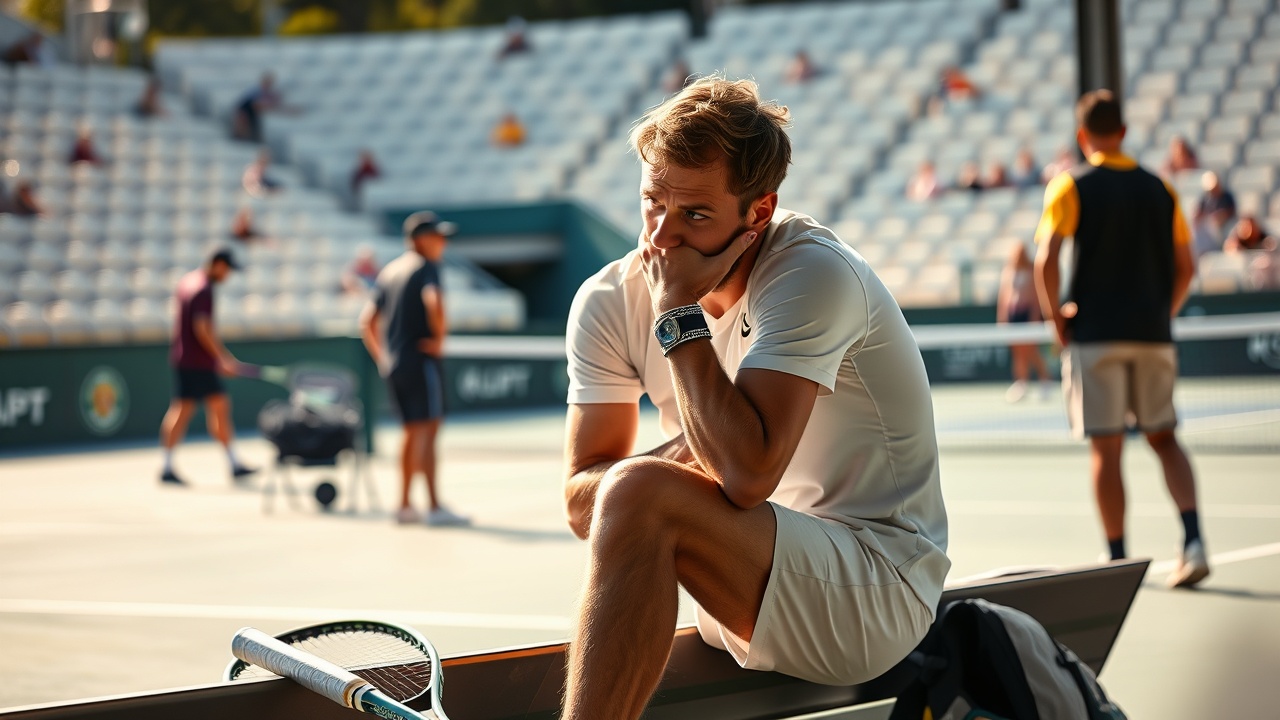Casper Ruud Criticizes ATP Ranking Framework
Norwegian tennis player Casper Ruud has openly criticized the ATP ranking framework, calling it akin to a “rat race” that pressures athletes to compete despite being injured. Ruud, who has finished as runner-up in the French Open on two occasions, faced a disappointing second-round defeat against Portugal’s Nuno Borges, with a final score of 2-6, 6-4, 6-1, 6-0.
Injury Challenges During Competition
After claiming the first set with relative ease, Ruud’s performance deteriorated, largely attributed to a knee injury that has plagued him intermittently since April. He acknowledged,
“It’s been with me actually the whole clay season on and off,”
emphasizing the challenges posed by the demanding schedule.
To manage his pain during the rigorous clay season, Ruud relied on anti-inflammatory medication and painkillers, but found the relief insufficient as he progressed through the match.
“I will have some more time now to let it heal and rest for a long time,”
he stated, underscoring the need for recovery.
The Pressure of ATP Participation Rules
However, Ruud expressed the difficulty of taking a break on the ATP circuit. He highlighted the mandatory participation rules implemented by the ATP, which compel players to attend a certain number of tournaments, saying,
“It’s kind of like a rat race when it comes to the rankings as well.”
These regulations are designed to maintain a competitive field but can jeopardize the health of players.
The ATP’s requirements dictate that high-ranked players participate in eight of the nine ATP Masters 1,000 events per year, with the exception of Monte Carlo. Although Ruud missed this year’s Monte Carlo event, he competed in the Italian Open after securing his inaugural Masters title in Madrid.
Concerns About Ranking and Player Welfare
The world number eight conveyed concerns that neglecting to compete could result in losing essential ranking points, which play a significant role in tournament placements and entry eligibility.
“You feel like you lose a lot if you don’t show up and play, both economically, point-wise, ranking-wise and opportunity-wise,”
Ruud lamented. He concluded by questioning the effectiveness of a system that seems to penalize athletes for choosing to prioritize their health.
The ATP and WTA have been approached by BBC Sport for their opinions on this matter, as discussions about player welfare continue to gain importance in professional tennis.




